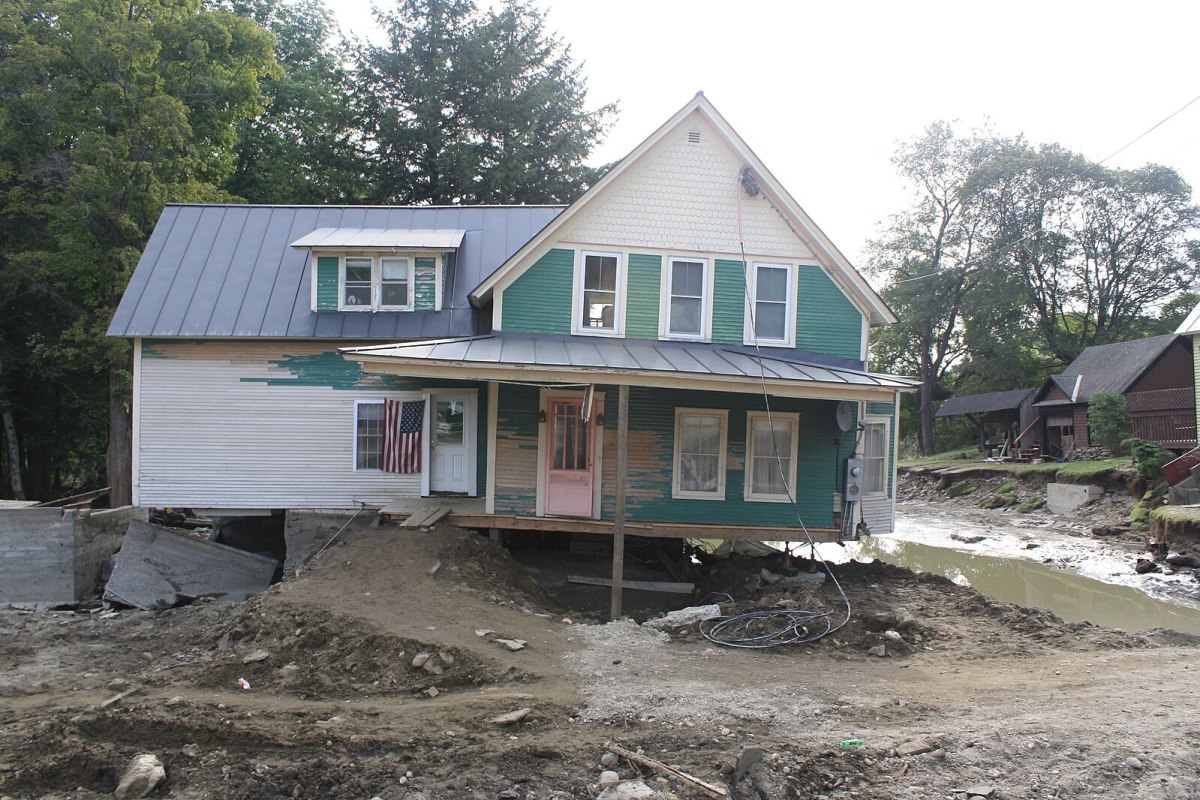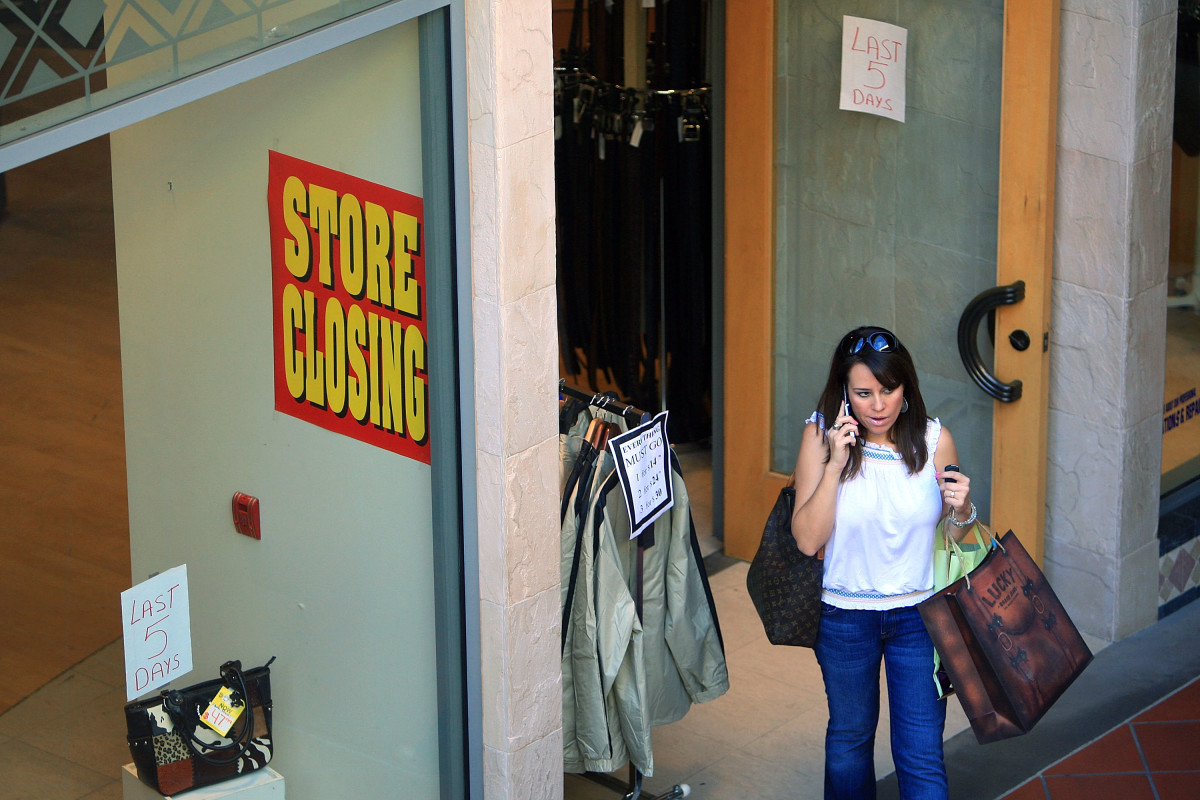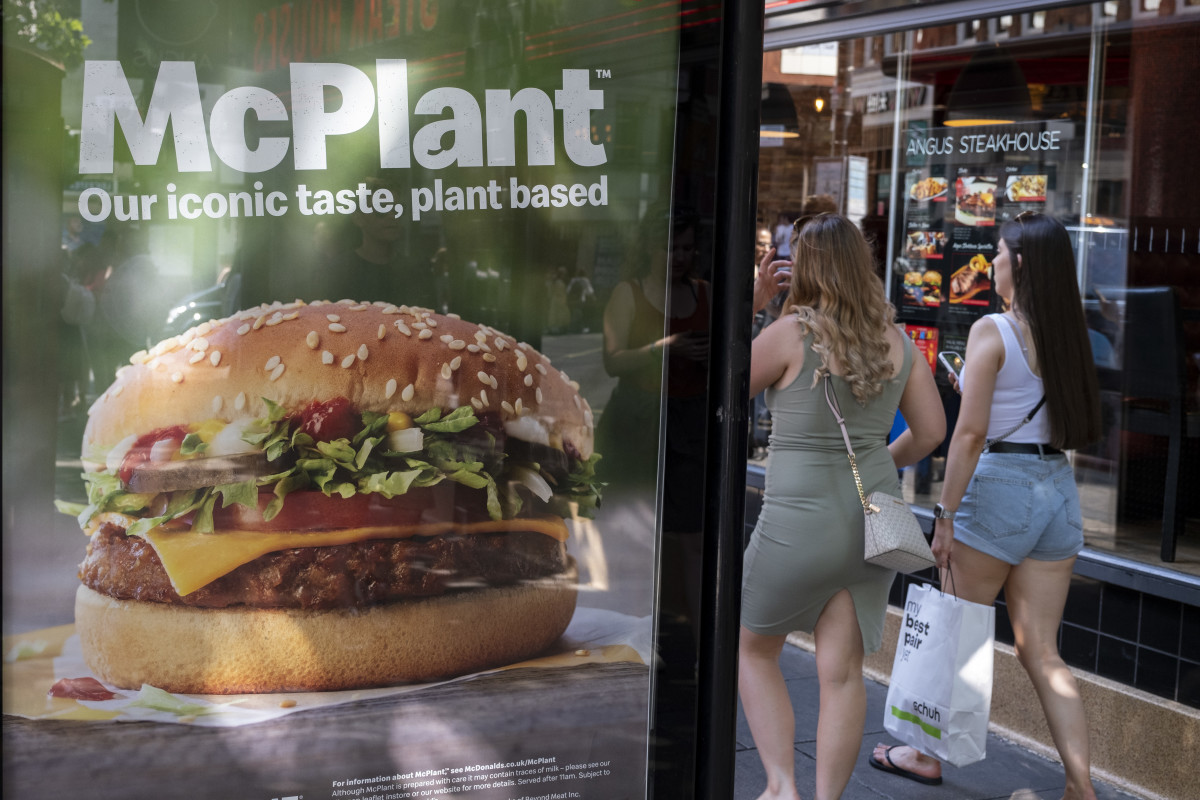Financial literacy is as essential as the right to vote
Financial literacy is key to making sure you’re able to set yourself up for the future. But there’s one problem: not everyone has access to the tools needed to become financially literate. John Hope Bryant, author of “Financial Literacy For All,” joined TheStreet to discuss how we’re getting it wrong and the need for financial literacy education.
Related: Your low credit score might not be your fault
Full Video Transcript Below:
CONWAY GITTENS: So how do we use financial literacy, which is the subject and the topic of your book to level that playing field. What are we doing wrong in terms of financial literacy? What do you want to see changed?
JOHN HOPE BRYANT: This is a beautiful question because the answer is, unfortunately or fortunately, very simple. What we’re doing wrong is we’re not doing anything right. We’re not talking about money in our households. We’re spending it. I had a home economics class when I was nine years old and a white banker. I say that intentionally because my first experience with a white man was positive, came in my classroom and taught me financial literacy. He was from Bank of America. He was a volunteer. He didn’t want to be there. We didn’t want him there. But after he came in once a week for six weeks, by the third week, we’re like, he’s like, you know, kids, you’re not so bad. We’re like, well, you’re not so bad for a white dude. And we were joking, but we had a good rapport the fourth week, I was wearing a suit just like him. The only suit I had, my Sunday suit, I was modeling them. I had a little briefcase with my dreams in it. I was selling mail order to my teachers.
And finally I asked him, what do you do for a living and how did you get rich. Legally, I was dead serious, he said. I’m a banker and I finance entrepreneurs. I said, I’ve never met a banker before. I never heard the word entrepreneur before in my life, but it was legal and you’re financing it. I’m going to be one now. What am I at today? I am an entrepreneur. And what are we doing using banking principles to level the playing field for now, millions of people. Now, I did that. Everybody watching this can go volunteer in a classroom somewhere. Everybody watching this can teach us, take this book, go to your local school or church or wherever and teach financial literacy. And what I really want to do is I want our Congress and our Senate and our president to sign a financial literacy for all Bill that will embed this K through high school, but that I’ll get to in the next couple of years.
Watch More Interviews:
- Shark Tank’s Kevin O’Leary has a bold plan for TikTok
- Kara Swisher issues stark warning to the media
- Inflation is impossible to forecast — stop investing like you can, top economist warns
CONWAY GITTENS: That was my next question. Do you feel that financial literacy needs to be taught in school and how and when?
JOHN HOPE BRYANT: This is as essential as the right to vote. And maybe breathing right above breathing is understanding money in a capitalist democracy. This is the Civil Rights issue of this generation. Financial literacy is a civil rights issue of this generation of all races. We gotta get folks from the streets to the suites and we need to repair the ladder if we want to continue to be the sole superpower in the world. There’s never been a superpower that wasn’t an economic power at the same time, which means the people are going to be a majority of minorities in 10 years have to be trained up in free enterprise and capitalism at scale, which goes, by the way, to the DEI conversation, because people are canceling DEI programs like they’re going North. I’m going, what are you guys doing. That is the business plan for America. This is the bench, the bench strength for the playoff games of the rest of our lives. Are are the folks who are everybody. If we’ve done this to women in 1972, a woman could not get a loan without a co-signer of her husband. Not 1872, 1972. A woman couldn’t get a credit card or a bank account, a white woman, any woman. Laws were changed in 74. Today, women are 25% of our economy, $7 trillion. If we hadn’t done that, America would be a second tier nation today. So what I’m saying is I like math because it doesn’t have an opinion. We need black and brown and white and women and everybody else to be green.
Related: Veteran fund manager picks favorite stocks for 2024
Source link




